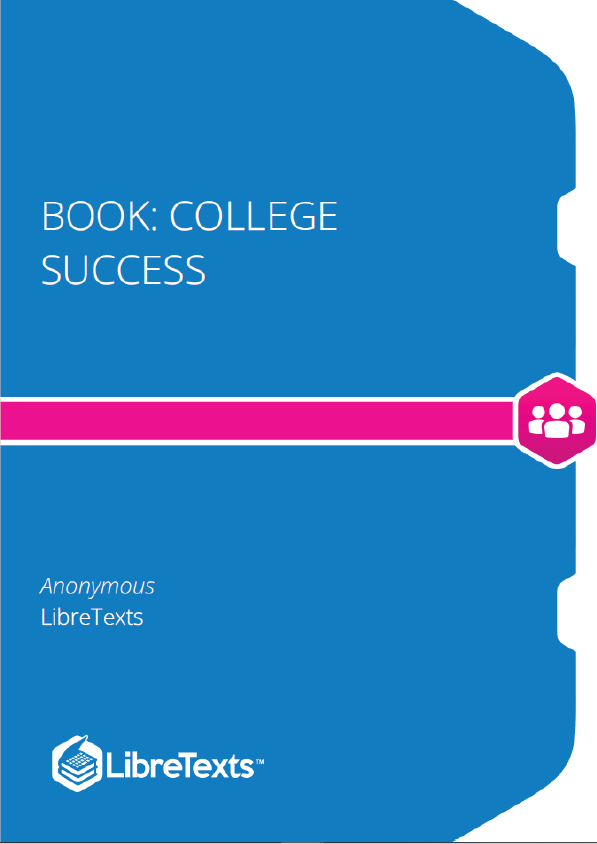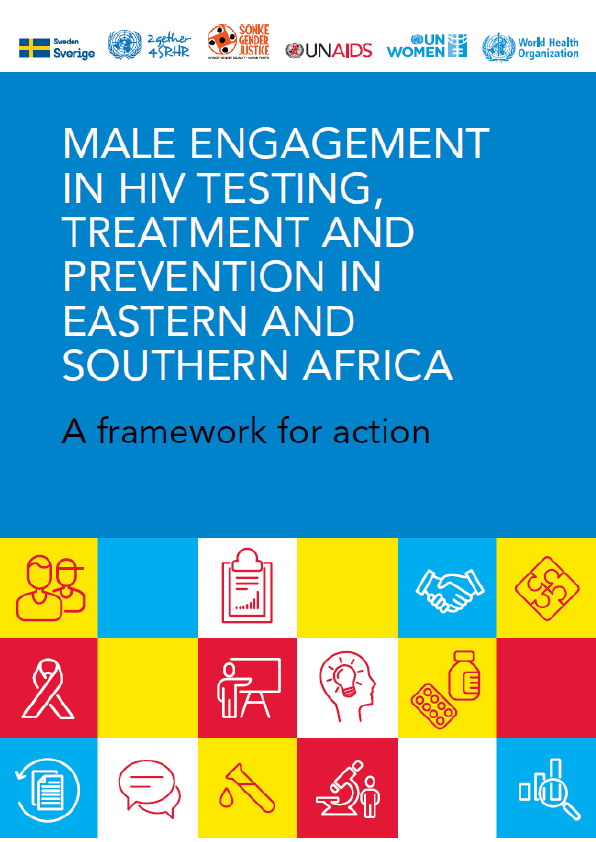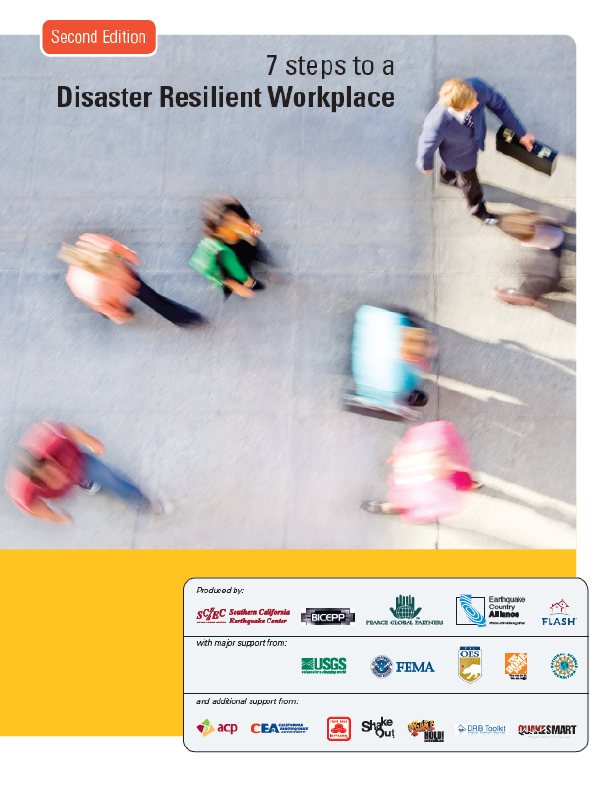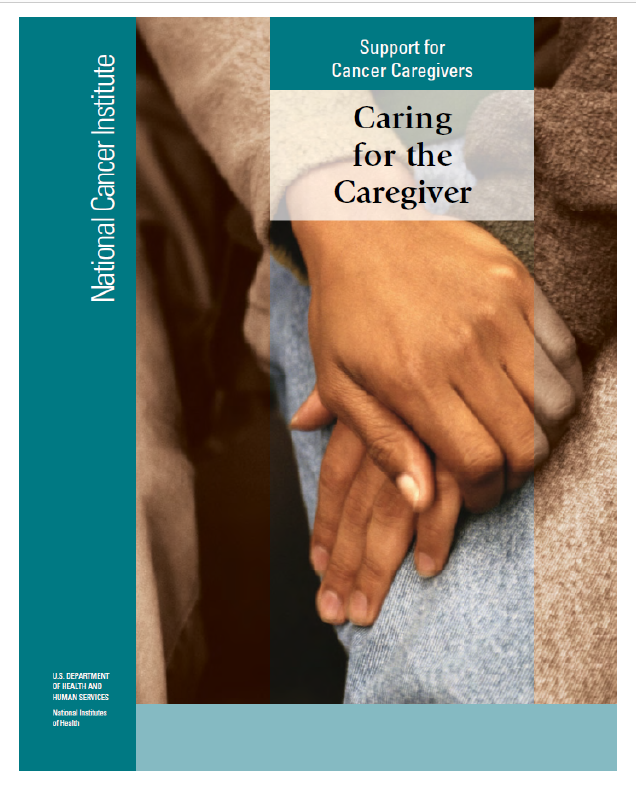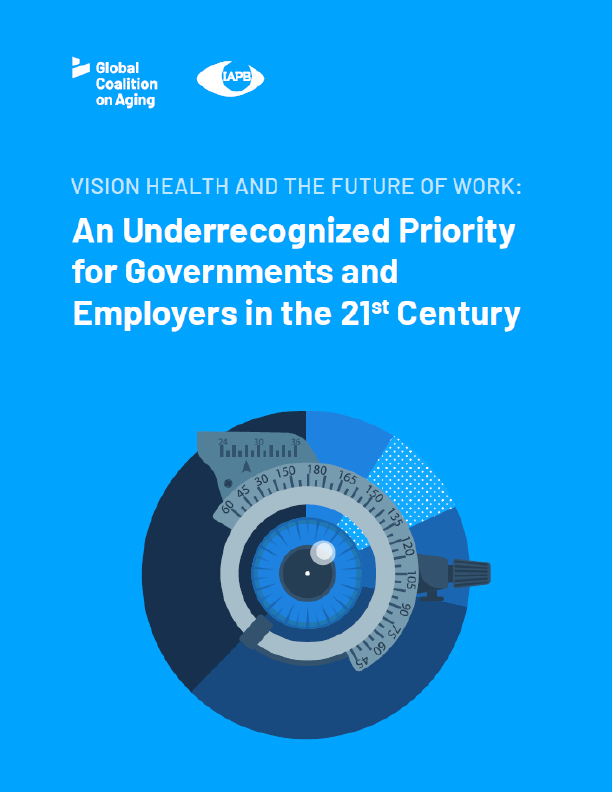Succeeding in college is rather like succeeding in life. It’s really much more about you than it is about college. So the most important place to start is to consider why you’re here, what matters to you, and what you expect to get out it. Even if you have already thought about these questions, it’s good to reaffirm your commitment to your plan as we begin to consider what’s really involved in being a college student.
What’s Your Plan?
Take a few minutes and write down short answers to the questions in Activity 1. Be honest with yourself, and write down what you really feel. You are not writing for an instructor here—not what you think someone expects to hear—and you are not being graded on your answers!
Were you able to easily answer the questions in Activity 1? How confident do you feel about your plan?
These are important questions to think about for the simple reason that students who have a clear plan and who are prepared to overcome possible obstacles that may arise along the way are much more likely to succeed in college. In other words, just thinking in a positive way about your future can help that future come true!
What Matters to You?
The word values refers to things that matter to a person. What makes you feel good? What things would you be doing if you had all the time, money, and opportunities in the world? Questions like these help us define our own values. Every individual has his or her own values. Thinking about your own values can help you know what you want from life and from college. Take a moment and consider the list of things in Activity 2 that are valued by some people. For each value, rate how important that thing is to you.
Your Past Educational Experience
It is important to understand how college is different from high school and how well your own past educational experiences have prepared you for what you will find in college. This is another way in which entering college “with your eyes wide open” will prove beneficial.
College is a unique experience for all students—whether you just graduated from high school or are returning to education after years of working. You are transitioning from one form of education to another. Some students have difficulty because of the differences between college and high school.
Generally speaking, however, the college experience is usually different from high school in these ways:
- Time management is more important in college because of varying class and work schedules and other time commitments.
- College instructors seldom seek you out to offer extra help if you’re falling behind. You are on your own and expected to do the work, meet deadlines, and so on, without someone looking over your shoulder.
- There may be no attendance policy for classes. You are expected to be mature enough to come to class without fear of penalties.
- Many classes are large, making it easy to feel lost in a crowd. Many instructors, especially in large classes, teach by lecture—which can be difficult for those whose high school teachers interacted a great deal with students.
- College courses require more study time and require you to work on your own.
- Your social and personal life in college may be less supervised. Younger students may experience a sudden increase in freedom to do what they want.
- You will meet more people from more diverse backgrounds in college.
- All of these differences, along with a change in living situation for many students, can lead to emotional changes—both positive and negative.
